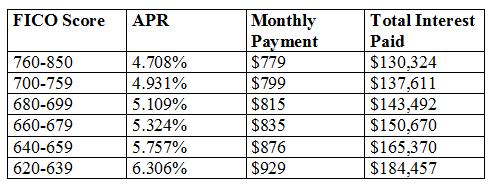If you’re facing the possibility of losing your Las Vegas home to foreclosure and wonder if your bank can come after you for the remaining balance of your mortgage… yes it can!
Nevada home loans are known as full recourse loans, meaning that lenders can pursue deficiency judgments against homeowners who default. In other words, after a foreclosure your lender can sue you for the difference between what you owe on your mortgage and the price that the bank sells the home for.
When you got your mortgage, you used your Las Vegas home as collateral on the loan, meaning that the bank can take the home if you fail to uphold your end of the deal (pay your mortgage on time every month). But in Nevada (the laws are different in every state) that’s not the only recourse the bank has if you fail to meet your obligation. . . the bank can also get a deficiency judgment against you for any deficiency between the mortgage balance and the value of the home (what it sold for).
And that difference may be a lot. If you have a mortgage of $400,000 and your Las Vegas home sells in a foreclosure sale for $200,000, your lender can obtain a deficiency judgment against you for $200,000 as long as the lender files suit within six months of the foreclosure sale.
What should you do if you think you might face a deficiency lawsuit?
Remember lawsuits are expensive – even for mortgage lenders. So, just because you may be facing a foreclosure doesn’t mean you’ll be sued for a deficiency judgment. The reality is that if you don’t have enough money to pay your mortgage, you probably don’t have any assets for your lender to go after (so the lender might not even try). In most cases, if you cornered a lender in secret, they’d probably tell you they would prefer to settle on a short sale rather than the risk the expensive path of foreclosure.
But even if it’s not likely (and how likely it is depends on a myriad of factors) that you are sued there’s a good chance you’ll lose to your lender if they go to the trouble. If awarded a deficiency judgment, your lender can garnish your wages (take money out of your paycheck) and place liens against any of your other properties (second home, boats, motorcycles). You may be able to work out a payment plan to pay your lender back.
A deficiency lawsuit can be a scary possibility for any Nevada homeowner. If you’re struggling to pay your mortgage, selling your Las Vegas home may be the best option. No matter your situation (even if you owe a lot more than your home is worth) we can help. Call us right now at (702)376-7379 or visit www.shelterrealty.com.
Disclaimer: Neither I nor my colleagues at Shelter Realty are attorneys. Nothing that we’ve written here or elsewhere on www.ShelterRealty.com should be construed as legal advice. If you’re facing foreclosure in Nevada, you should consult with a legal professional.

